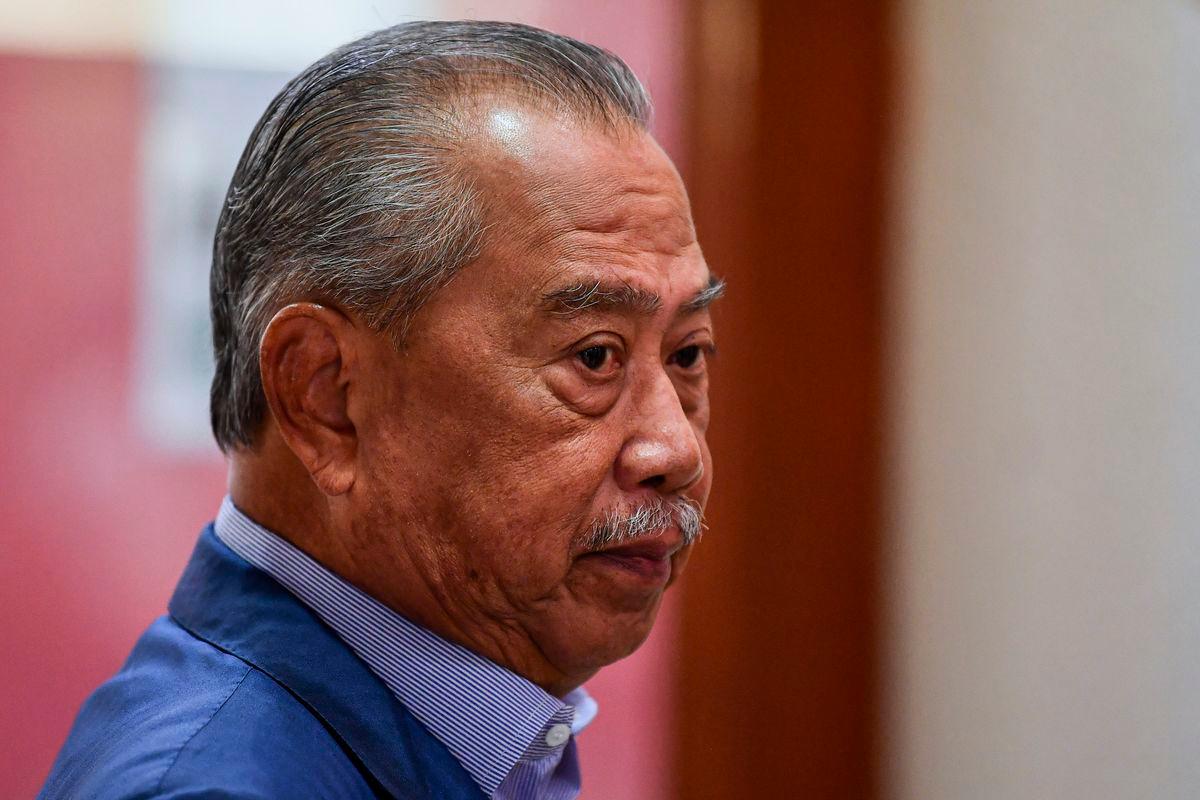PETALING JAYA: Calls for Tan Sri Muhyiddin Yassin to resign as Parti Pribumi Bersatu Malaysia (Bersatu) president at the party’s eighth annual general assembly on Saturday have laid bare deep fractures, with analysts warning the turmoil could weaken Perikatan Nasional (PN) as a whole.
Open heckling and reports of a signature campaign against Muhyiddin underscored rising grassroots frustration, said political observers.
Nusantara Academy of Strategic Research senior fellow Prof Dr Azmi Hassan said the campaign reflected clear discontent.
“When Muhyiddin revealed that a signature campaign has been going on it showed the grassroots are frustrated, that he did not listen or did not want to listen to their advice and feelings,” he told theSun.
Azmi cautioned that although Muhyiddin retained the backing of the supreme council, the grassroots were restless.
“Right now, Muhyiddin is clinging to his position by virtue of the support from the supreme council, not the grassroots.”
He added that unlike PAS, which has enjoyed stability in its top ranks, Bersatu’s internal strife risked undermining PN’s credibility.
“It will also raise doubts about whether PN has the capability to topple the Unity government. People will question whether PN is truly ready and stable enough to take over from the Unity alliance.”
International Islamic University Malaysia Assoc Prof Dr Syaza Shukri, also a fellow at the ISEAS–Yusof Ishak Institute, said the incident exposed cracks in Muhyiddin’s leadership.
“I think what happened showed that his standing and authority are not fully without challenge. In other words, it is slightly unstable.”
She noted that while this may not point to a complete trust deficit, it reflects frustration within the party, particularly because Muhyiddin does not appear to be the dynamic leader many Malaysians seek.
“It’s not that the public distrust him. It’s just that he doesn’t appear to be the best person to lead Malaysia. Bersatu might say their research shows Muhyiddin is the best to lead Bersatu or PN right now, but that might just be because there’s no better leader within the coalition, not because he is the best for Malaysia.”
Syaza added that Muhyiddin had lost traction with younger and undecided voters.
“They want someone dynamic who can lead changes and reforms in Malaysia. He hasn’t been vocal. Even during the Turun Anwar rally, Muhyiddin was forgettable. People were talking about other politicians instead.”
She also said Bersatu’s weaknesses could be exploited by both allies and opponents.
“This definitely benefits PH and BN. They can and will use this to their advantage to show how fractured Bersatu is. PAS can also use this to show they are the much better party within PN.”
Universiti Teknologi Malaysia political analyst Assoc Prof Dr Mazlan Ali described the unrest as more than symbolic.
“This is not just symbolic, but a form of total dissatisfaction and wanting a new leadership to take over, and I imagine they want Datuk Seri Hamzah Zainuddin to take over immediately to replace Muhyiddin.”
He cautioned that Hamzah’s popularity could complicate party dynamics further if Muhyiddin digs in, adding that continued factionalism could undermine public confidence in Bersatu and weaken PN’s campaign machinery for upcoming elections.
“I think the internal problems in unity could affect the focus on winning the Sabah state election and the 16th general election. The election requires mobilisation of energy and a strong campaign machinery.
“If members and leaders do not work together, how can they convince the people to support them?”
While he does not expect Bersatu to splinter, Mazlan stressed that swift leadership action was needed to contain dissent.









